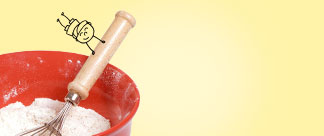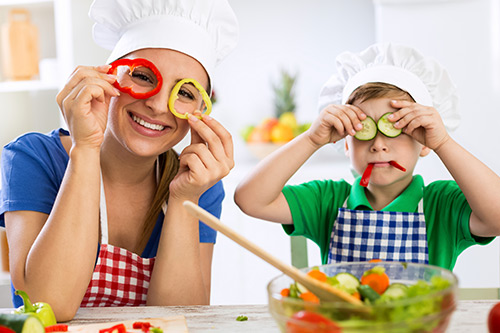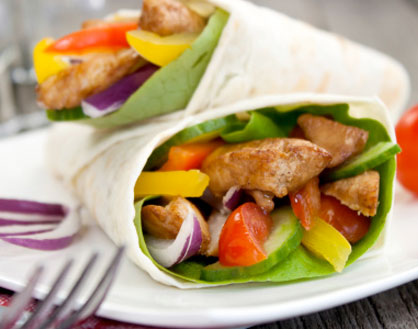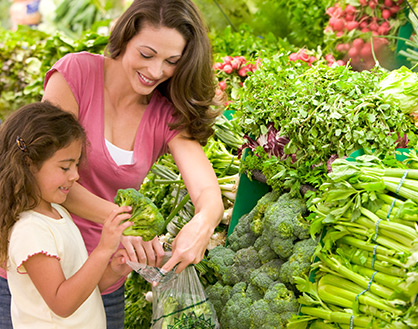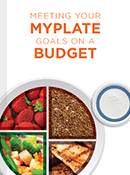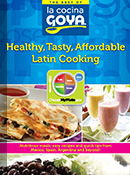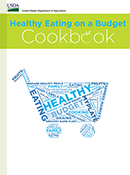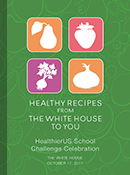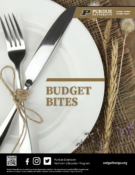Cooking makes kids feel good.
Your kids will feel proud and important when they help prepare food! Helping with chores in the kitchen is another way they can be part of the family, and it can encourage them to make healthier choices. Cooking is also fun—because kids are natural kitchen helpers. They like the simple tasks of thinking about what to serve, and then cooking and serving food to the family. It’s just like a game.
Cooking teaches.
Kitchen tasks give your child a chance to measure, count and see food change. That is early math and science learning. Your child can learn new words and symbols by cooking with you. Talk about the food and what you’re doing. Read words on food containers together. Small muscle skills develop, too, when your child uses his or her hands to help with kitchen tasks. And cleanup teaches responsibility. Cooking is one of the many creative, messy things we do, and doing it as a family makes it even more fun!
Cooking together is fun family time.
Kitchen time can be a special parenting time. Cooking together creates closer bonds and helps build lifelong memories. You can also use the time to listen, share and talk with your child.
Pick kitchen tasks that match your child’s abilities.
1. A first step with younger children might be to encourage the following tasks: stir, pour, shake and tear.
2. As your child grows, expand to these tasks: spread, mix and knead.
3. An older child can help to accomplish these tasks with supervision: cut, grate and measure.

Think about this!
- If your child makes a cooking mess, it’s OK! Young kids don’t have the same muscle coordination and skills that you do.
- Even if meals take longer to prepare, it’s worth letting your child help. Kitchen time is learning time that you share together.
Kitchen Safety Rules For Kids and Families
- Start by washing your hands and the table.
- Work at a child-sized table
- Tie hair back if it’s long.
- Wear clean clothes, maybe with short sleeves.
- Taste with a clean spoon. A licked spoon goes in the sink, not back in the bowl.
- Resist nibbling cookie dough or cake batter that has raw eggs in it.
- Stay away from hot surfaces, and knives and forks that might be hot. Also steer clear of sharp objects. An adult needs to help.
- Walk slowly. Carry food and anything else with care.
- Wipe up spills.



